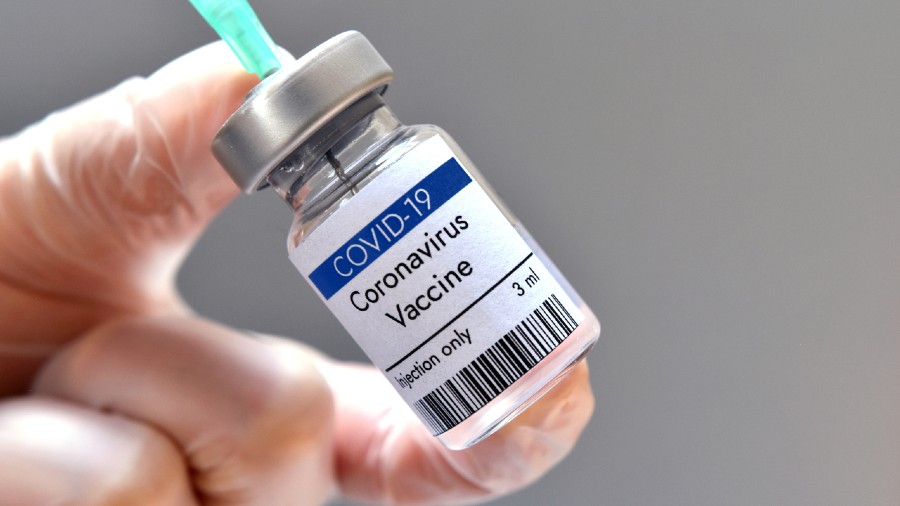My 80-year-old mother received the first dose of her Covid vaccine last week despite advice from her predominantly South Asian friends and peers not to go as the vaccine is “dodgy”. She became one of the three million people in the UK to be vaccinated for the coronavirus till date who are in the priority group of healthcare workers and the elderly over80s.
My mother’s friends who advised her against the vaccine were convinced that it contained beef, pork or alcohol and in some cases all three — haram for Hindus, Muslims and Sikhs — and therefore it compromised their religious beliefs. The source of their knowledge was social media platforms like Facebook and WhatsApp. Some of the fake news on social media is so farfetched that it suggests the vaccine will change “your DNA” or contains poison as part of the white population’s plan to kill off ethnic minorities.
The National Health Service (NHS), which is responsible for administering the free vaccine to the UK’s 67 million population, is so worried about South Asian communities rejecting the Covid vaccine that they have begun a drive to counter the fake news. They are appealing to role models, influencers, commu¬nity leaders and most importantly religious leaders to help them in their antidisinformation drive to debunk the myths.
“We need to be clear and make people realise there is no meat in the vaccine, there is no beef or pork in the vaccine and it has been accepted and endorsed by all the religious leaders and councils and faith communities,” said Dr Harpreet Sood, a doctor with NHS England who is leading the NHS antidisinformation drive.
Temples, gurdwaras and mosques that are still open for private prayers but with social distancing protocols during the country’s third lockdown have been asked to help in dispelling the myths created by fake news. Some gurdwaras have allowed the NHS to convert their premises into vaccination centres so as to instill faith among Sikhs that the vaccine is pure. As of now vaccines are being administered in local sports and leisure centres which are closed in the lockdown.
More than a hundred mosques across the country have been pressed into service and Friday sermons that are currently going out online tell Muslims that the vaccine is halal. “There should be no hesitation in taking the vaccine from a moral perspective. It is our ethical duty to protect ourselves and others from harm,” said Qari Asim, chair of the Mosques and Imams National Advisory Board that has organised the campaign.
Worried that the slow uptake of the vaccine by the Muslim communities could “fan the flames of Islamophobia” again, Asim has urged leaders to take the jab on camera to instill faith among the community. During the first lockdown when mosques were closed, the far Right spread rumours using old footage to say that mosques were open and scapegoated Muslims as superspreaders. “No community should be scapegoated during this pandemic,” Asim said.
It is the older generations who are falling prey to the barrage of fake news appearing on their smart phones on which they have become heavily reliant to keep in touch with family and friends during the pandemic.
“I have been giving lectures on Hindu community websites urging elderly members to get the vaccines as they are vegetarian and totally safe,” Dr Jyoti Shah, senior consultant with the NHS, told The Telegraph. Many Indian-origin medical professionals are doing the same in various Indian languages.
Ironically while the South Asian communities have been among the worst affected by Covid19 in the UK, it is the same communities that are the most reticent about the vaccine. According to Dr Sood, language and cultural barriers play a large part in the false information. Indian communities are also more prone to superstition and stigma, which is also partly at play.
A recent survey by the Royal Society of Public Health showed that just under half of the black, Asian and minority ethnic (BAME) people did not agree to take the vaccine. It found that only 57 per cent of BAME said they would take the vaccine, which is much lower than the 79 per cent of white people who are willing to take the jabs.










